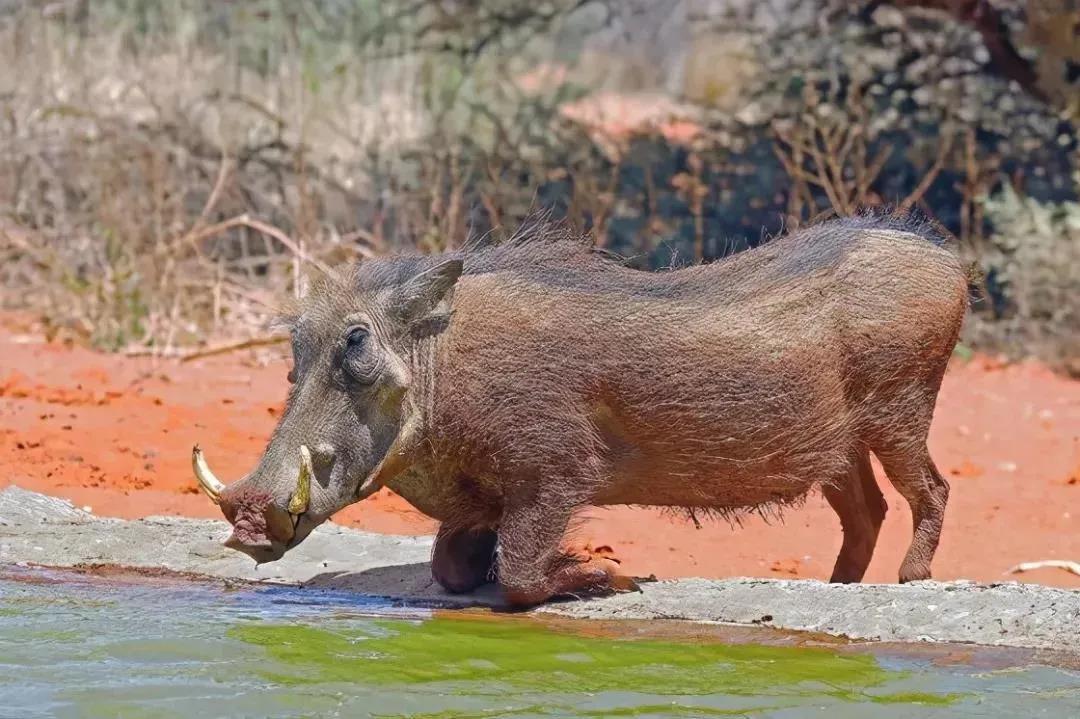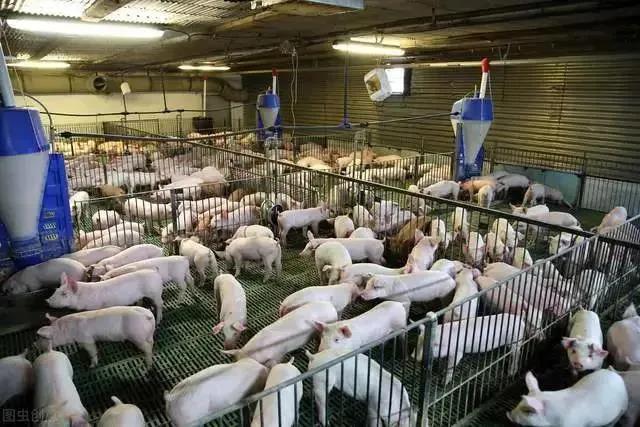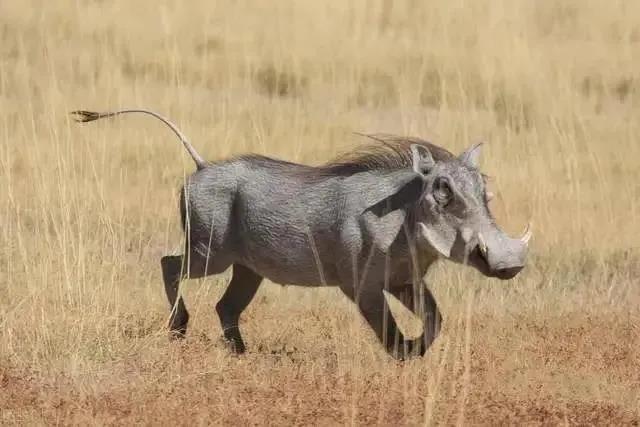New breakthrough! Scientists find that 6 kinds of microorganisms are effective against ASF
发布时间:2021-01-15
Fecal microbiota transplantation helps provide partial protection against African swine fever virus (ASFv), according to a Spanish study. At present, some probiotics and fermentation methods on the market do have certain effects against ASF.
The study, carried out by researchers at the Catalan research center CReSA IRTA, was published in the peer-reviewed journal Scientific Reports, a publication in the journal Nature. This paper demonstrates that warthog fecal microbiota transplantation is harmless to weaned piglets, alters their gut microbiota, and in addition provides partial protection against attenuated ASFv strains.
1. Study on subclinical infection of warthog ASFv
The article pointed out that the African swine fever virus only spreads in a subclinical way in African warthogs. Given that the virus causes 100% mortality in domestic pigs and wild boars in Europe, how can this fact be explained? Scientists are curious.

Warthog fecal microbiota may help provide protection against ASF virus. Image source: Wikipedia
“Added to genetic differences, the differences in susceptibility to ASF between Eurasian swine fever and African warthogs may be related to other factors,” the researchers wrote. Preliminary evidence obtained at the CReSA IRTA laboratory and other laboratories, they say, seems The influence of environmental factors on ASF infection was confirmed.
Explaining the “why” behind the study, they referred to the fact that fecal microbiota transplantation has been shown to be effective in the treatment of human and animal viral diseases, chronic liver disease, ulcerative colitis, and against multidrug-resistant Clostridium difficile in humans Infections are beneficial.
2. African swine fever (virulent, attenuated) challenge test
The trial was conducted with 48 piglets from a farm free of PRRS, Pseudorabies, Pasteurella multocida and Enterococcus suis. All animals were orally inoculated with freshly prepared fecal material (from warthog feces, a pool of domestic feces, or a control group) for 3 consecutive days. The feces of these warthogs came from 11 warthogs at the Barcelona Zoo.
After fecal transplants, they were challenged with a virulent strain and an attenuated strain of ASFv to compare disease outcomes, the researchers wrote. Independent of fecal microbiota transplantation, no differences were observed after intramuscular injection of E75, a virulent strain of ASFv. “In contrast, pigs transplanted intramuscularly with the attenuated ASFv strain E75CV1 showed a significant reduction in serum virus, rhinovirus shedding and clinical signs compared with pigs transplanted with domestic pig feces. The evidence we present here is far from understanding The mechanisms involved in the protection provided, rather, show the protective potential of the warthog microbiota against ASF.”

To clarify the differences between the fecal composition of African warthogs and other types of pigs, the CReSA IRTA study from 2019 analyzed fecal samples from different sources: European pig farms;
African domestic pig farms;
Kenyan wild warthog;
Warthogs at Barcelona Zoo;
A specific pathogen-free pig farm in France.
After DNA extraction, SPF pig fecal microbiota showed the lowest diversity. Likewise, the number (richness) of different taxa in the microbiota of captive warthogs was similar to that of SPF pigs, suggesting the importance of the rearing environment.
When the overall composition of bacteria was compared, the team found that the composition was similar whether the pigs came from a family farm in Africa or from a European farm. The composition of SPF pigs is very different, with African warthogs showing the most heterogeneous microbiota of all pigs analyzed.

When the team compared the microbiota compositions of animals susceptible to resistance, several candidate bacteria were identified. All 6 members from different taxa are present in resistant animals: Moraxella, Pseudomonas, Bacillus, Anaerobic, Petrimonas, and Morax Bacteria.

 QQ咨询
QQ咨询 拨打电话
拨打电话 在线留言
在线留言